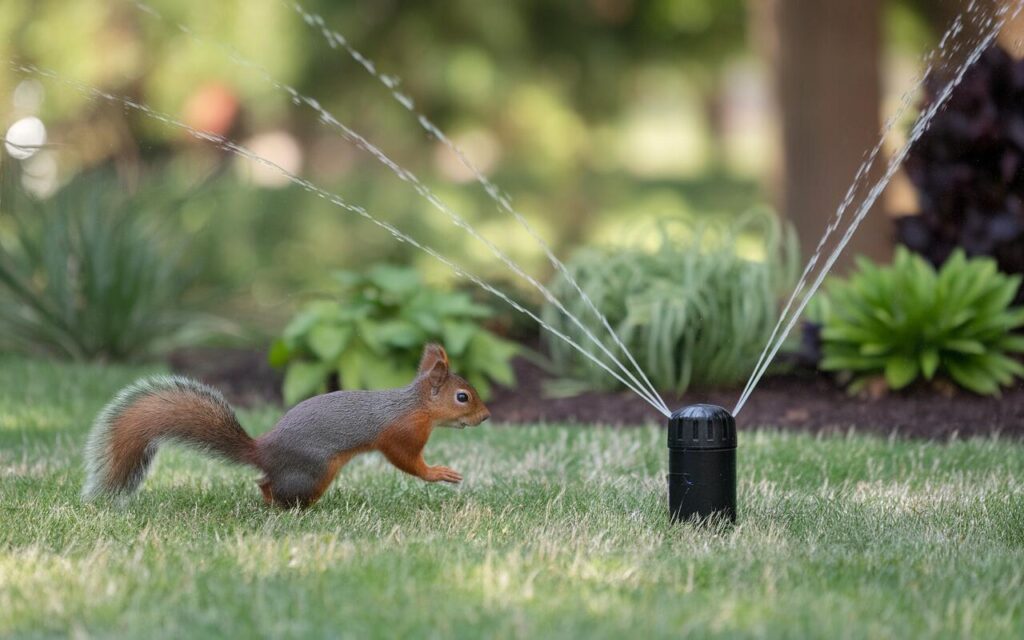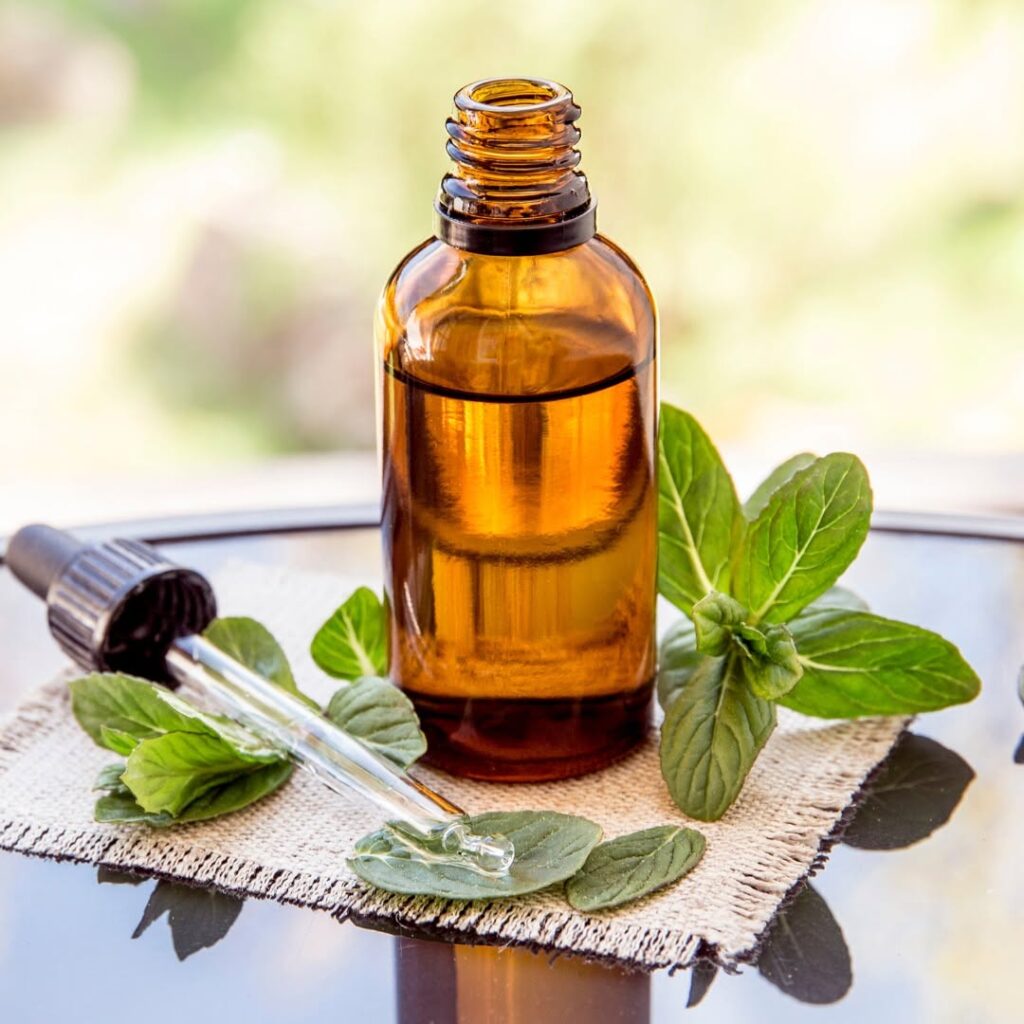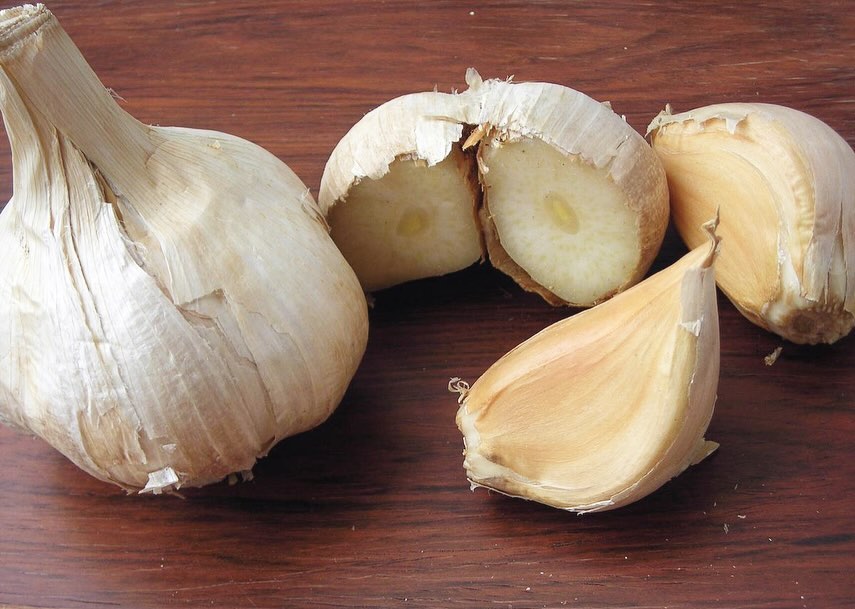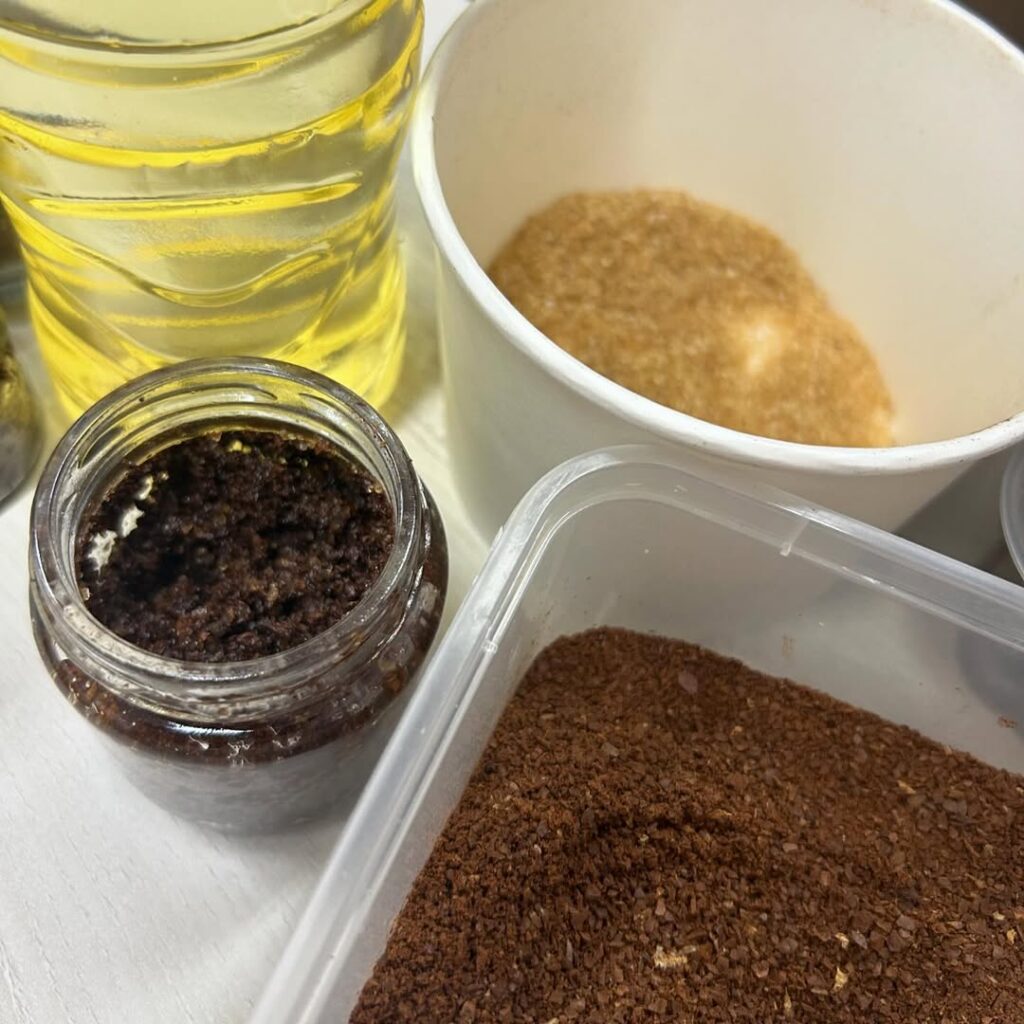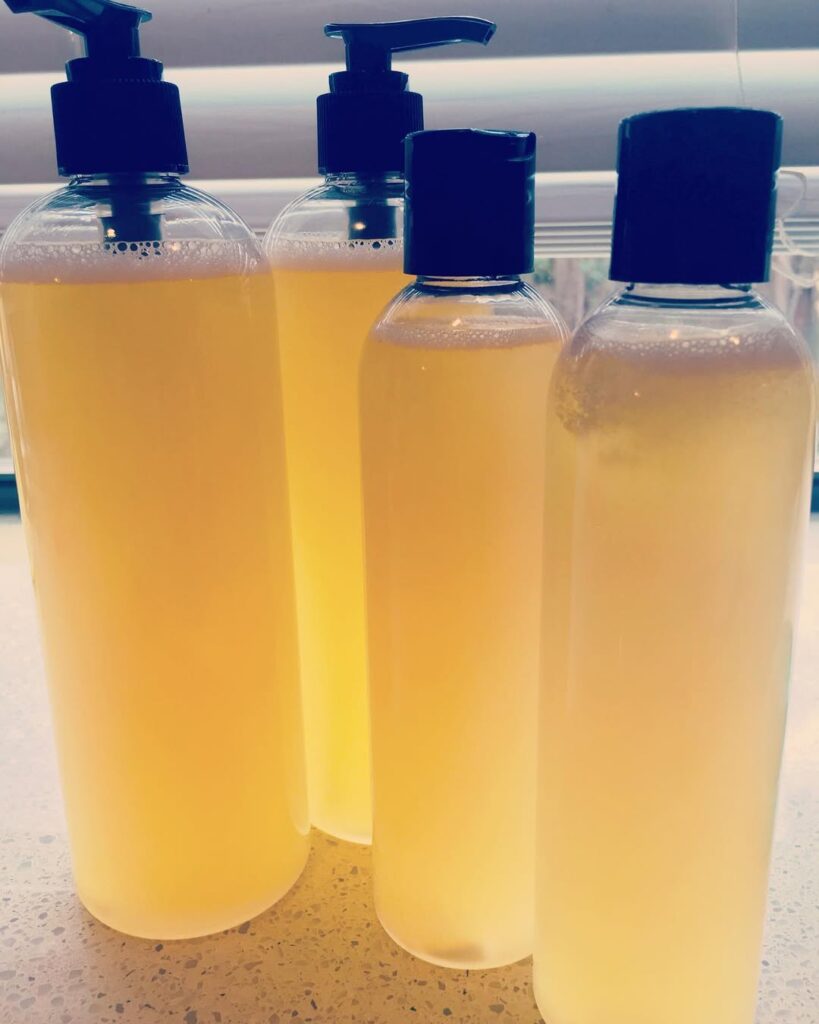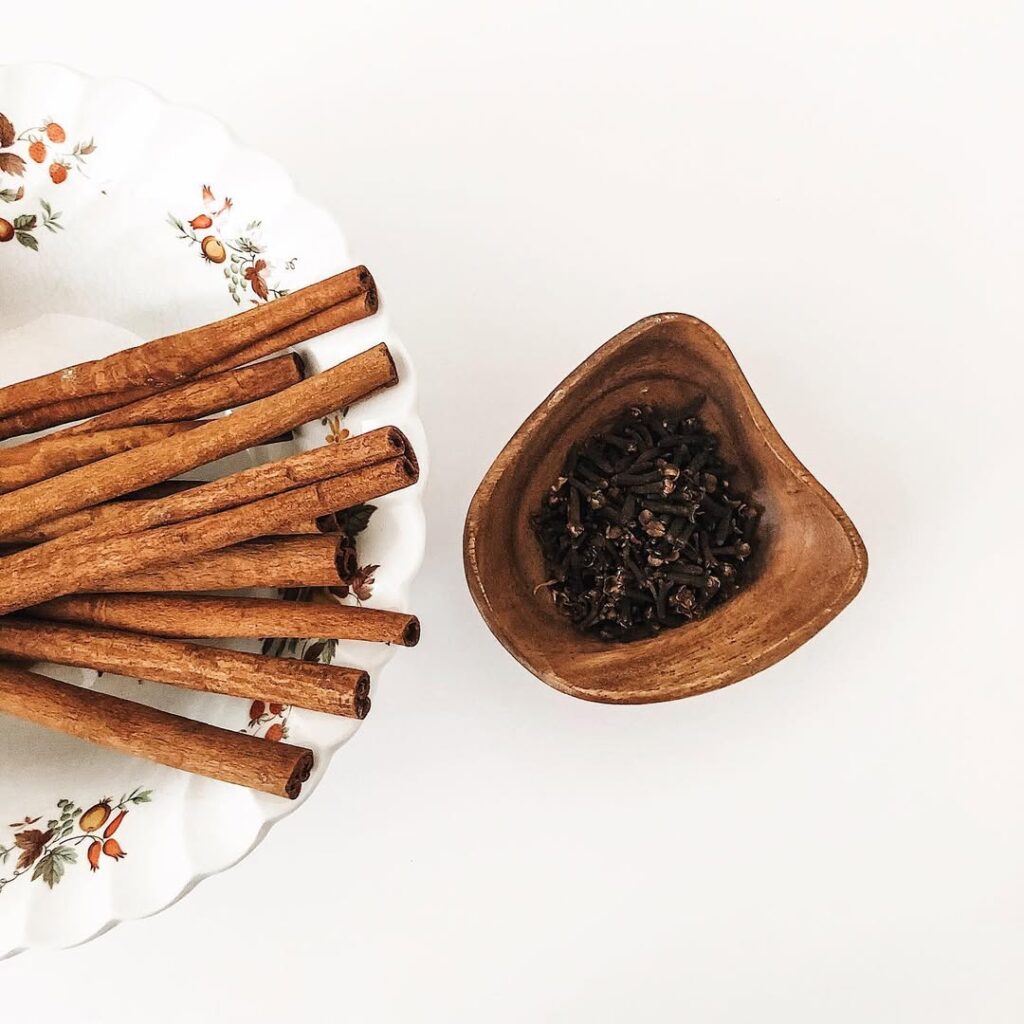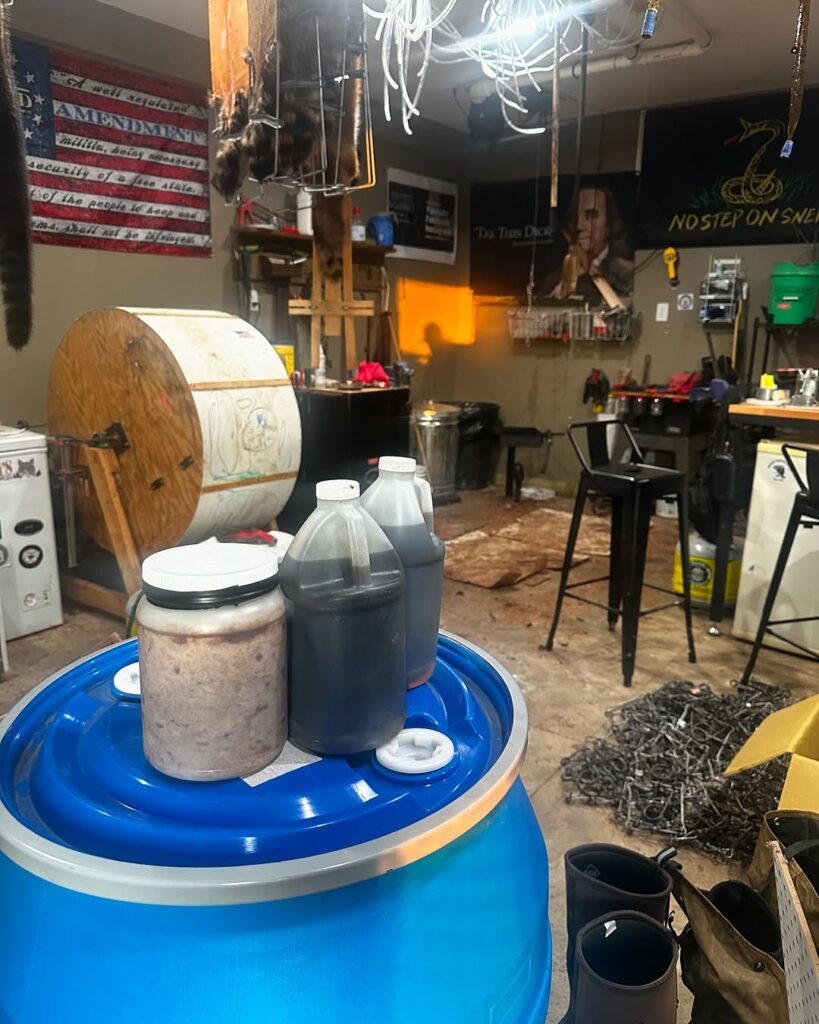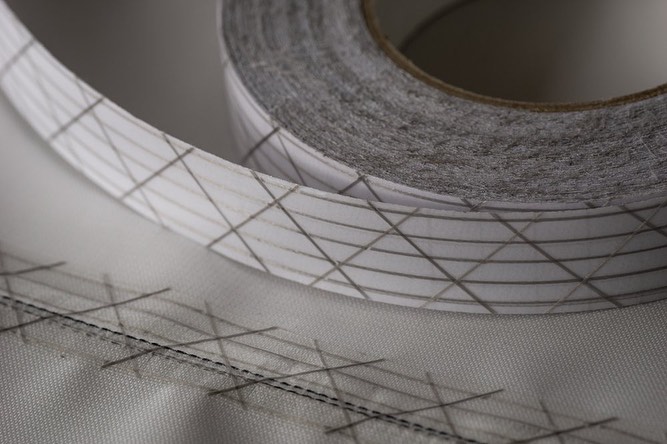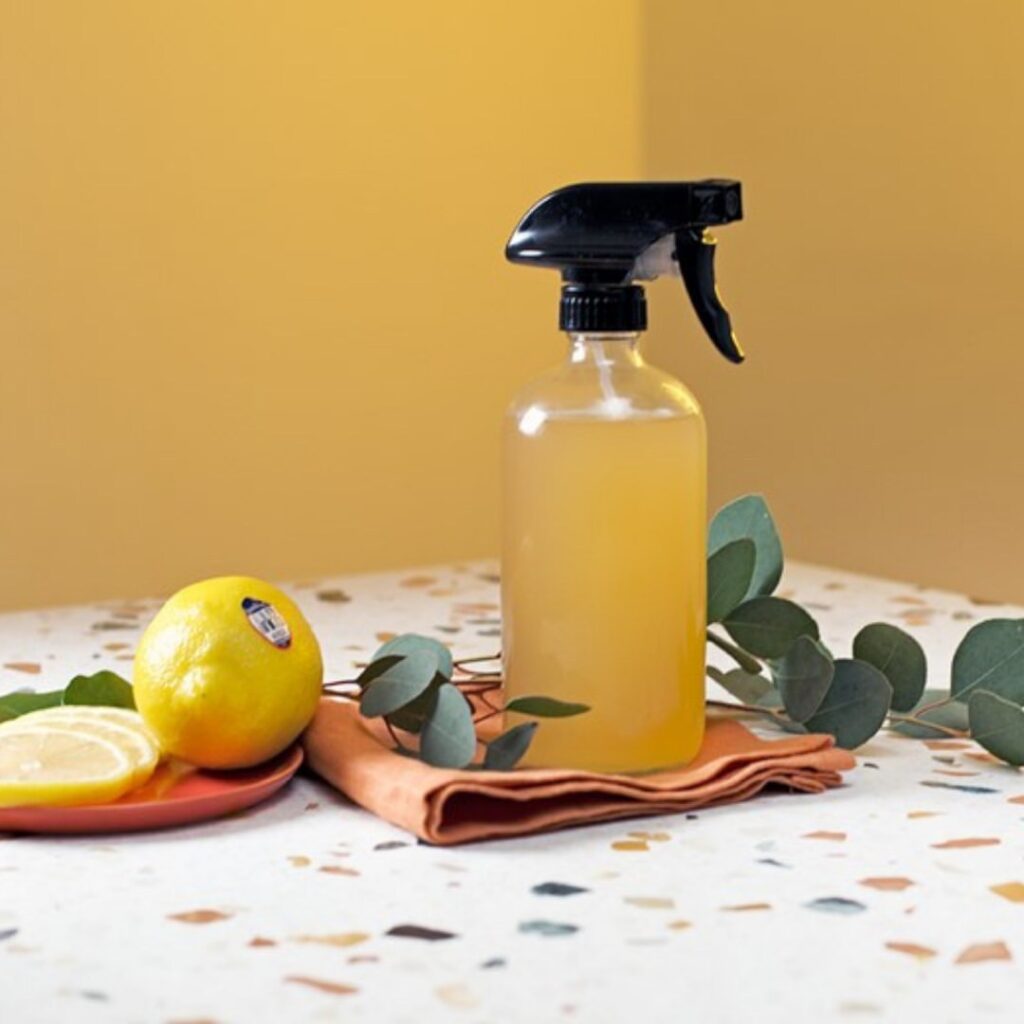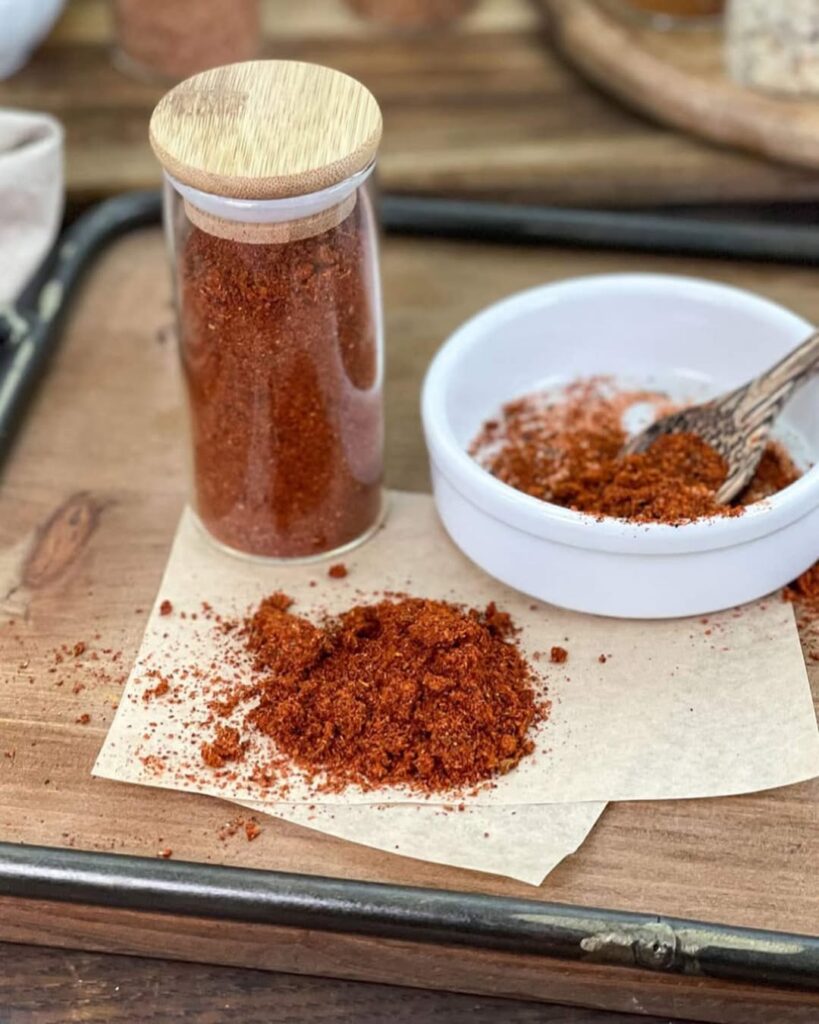In this blog, I’ll explore simple yet effective homemade solutions to keep squirrels at bay—without harming them or your environment. Let’s reclaim your space the natural way!
Imagine stepping into your garden, expecting to see your thriving plants and neatly arranged bird feeders, only to find chaos—half-eaten veggies, scattered seeds, and chewed-up furniture. Squirrels may be cute, but their destructive habits can turn your peaceful outdoor space into a battleground.
If you’re tired of these furry intruders digging up your yard or sneaking into your attic, it’s time to take control. Instead of resorting to harsh chemicals or expensive pest control, why not try safe, natural, and budget-friendly DIY squirrel repellents?
How Can You Tell If Squirrels Are in Your Home?
If squirrels have invaded your home, you’ll likely hear scratching or scurrying noises in walls or the attic. Look for droppings, a strong urine odor, gnawed wires, and chewed wood or insulation.
Nests made of twigs, leaves, or shredded material in hidden areas are another sign. You may also notice increased squirrel activity near your roof or vents, indicating an entry point. If these signs appear, take action quickly to prevent damage.
11 DIY Natural Repellent For Squirrel
You can protect your home and garden with these natural, chemical-free solutions to keep squirrels away:
1. Peppermint Oil Spray
Squirrels hate the strong scent of peppermint. You can mix 10–15 drops of peppermint essential oil with water in a spray bottle and spritz it around gardens, patios, and entry points.
For long-lasting results, you can soak cotton balls in peppermint oil and place them near plants or squirrel-prone areas. Not only does it repel pests, but it also keeps your space smelling fresh.
2. Cayenne Pepper or Chili Powder
Squirrels hate spicy scents. You can simply sprinkle cayenne, crushed red pepper, or chili powder around plants and entry points to keep them away.
For a stronger effect, you need to mix with water and a drop of dish soap to create a long-lasting spray. You can reapply after rain for continuous protection—safe for plants, but too hot for squirrels to handle.
3. Vinegar Solution
Squirrels can’t stand the strong smell of white vinegar. You can simply soak rags in vinegar and place them near squirrel-prone areas like gardens, patios, or attic entry points. Refresh every few days or after rain for lasting effect.
For extra coverage, spritz diluted vinegar around fences and decks—just keep it away from delicate plants.
4. Garlic and Onion Spray
Squirrels hate the strong smell of garlic and onion. You need to just blend garlic and onion with water, let it sit, strain, and spray around plants and entry points.
For extra strength, you can add cayenne pepper. You can reapply every few days or after rain to keep squirrels away naturally.
5. Coffee Grounds
You can sprinkle used coffee grounds around plants to deter squirrels while enriching the soil with nutrients.
The strong scent keeps pests away, and as a bonus, your garden gets a natural fertilizer. Refresh after rain for continued effectiveness.
6. Soap Solution
Squirrels hate the strong scent of Irish Spring soap. You can simply grate and scatter the shavings around your yard or place chunks in mesh bags near plants.
The fresh scent keeps them away. You can reapply after rain for lasting protection.
7. Cinnamon and Clove
Squirrels hate the strong scent of cinnamon, cloves, and nutmeg. You can simply sprinkle these spices around trees and plants or mix them with water for a natural spray.
It keeps pests away while leaving a warm, inviting aroma. You can reapply after rain.
8. Predator Urine
Squirrels avoid areas with predator scents.fYou can use fox or coyote urine granules to trick them into thinking danger is near.
You can sprinkle around gardens or entry points for a natural, chemical-free deterrent. You need to reapply after rain for lasting effects.
9. Aluminum Foil or Reflective Tape
Squirrels hate bright, reflective surfaces. You can wrap foil or reflective tape around trees, fences, or garden beds startles them with glare and rustling sounds, keeping them away. It is an easy, non-toxic, and effective way to repellent squirrels.
10. DIY Citrus Spray
Squirrels can’t stand the strong, tangy scent of citrus. You can blend lemon, orange peels, or citrus zest with water, strain the mixture, and spray it around gardens, entry points, or other squirrel-prone areas.
The refreshing citrus aroma may be pleasant to us, but for squirrels, it’s an overwhelming deterrent. You need to reapply after rain for continuous protection—keeping your space naturally squirrel-free.
11. Spicy Spice Blend
Squirrels hate strong spices. You can mix black pepper, paprika, cayenne, and cloves, then sprinkle around plants and entry points to deter them.
You can reapply after rain for lasting protection to squirrel repellent.
What is a natural way to repel squirrels from your home?
A natural way to repel squirrels is by using strong scents they dislike. You can spray a peppermint oil and water mixture around entry points, sprinkling cayenne pepper or garlic powder near plants, or placing vinegar-soaked rags in problem areas can help keep them away. Additionally, reflective tape, aluminum foil, or predator urine granules can create an unwelcoming environment.
Is vinegar lethal to squirrels?
No, vinegar is not lethal to squirrels, but its strong smell can repel them. Squirrels dislike the scent of white vinegar, so soaking rags in vinegar and placing them near entry points or problem areas can help deter them from your home and garden. However, the effect fades over time, so regular reapplication is needed.
How can you prevent squirrels from entering your property?
To prevent squirrels from entering your property, remove food sources like fallen fruits, birdseed, and open trash. You can seal entry points by closing gaps in your attic, vents, and roof. Use natural repellents like peppermint oil, cayenne pepper, or vinegar to deter them. Installing motion-activated sprinklers or reflective deterrents can also help. Trimming overhanging branches prevents easy access to your home. Consistency is key to keeping them away.
Are Cat-Guard Exclusion Systems the ultimate solution for keeping squirrels away?
Cat-Guard Exclusion Systems are an effective solution for keeping squirrels away, but whether they are the ultimate solution depends on the situation. These systems create physical barriers that prevent squirrels from entering attics, crawl spaces, and other vulnerable areas. They are durable and humane, making them a long-term deterrent. However, combining them with natural repellents, proper sealing of entry points, and habitat modifications can enhance effectiveness for complete squirrel control.
Conclusion
You can keep squirrels away from your home and garden requires a combination of smart strategies. From natural DIY repellents like peppermint oil and cayenne pepper to physical barriers like Cat-Guard Exclusion Systems, there are plenty of humane and effective ways to deter these persistent critters. Sealing entry points, removing food sources, and using motion-activated deterrents can further enhance your defense. By staying proactive and consistent, you can enjoy a squirrel-free space without harming the environment.

